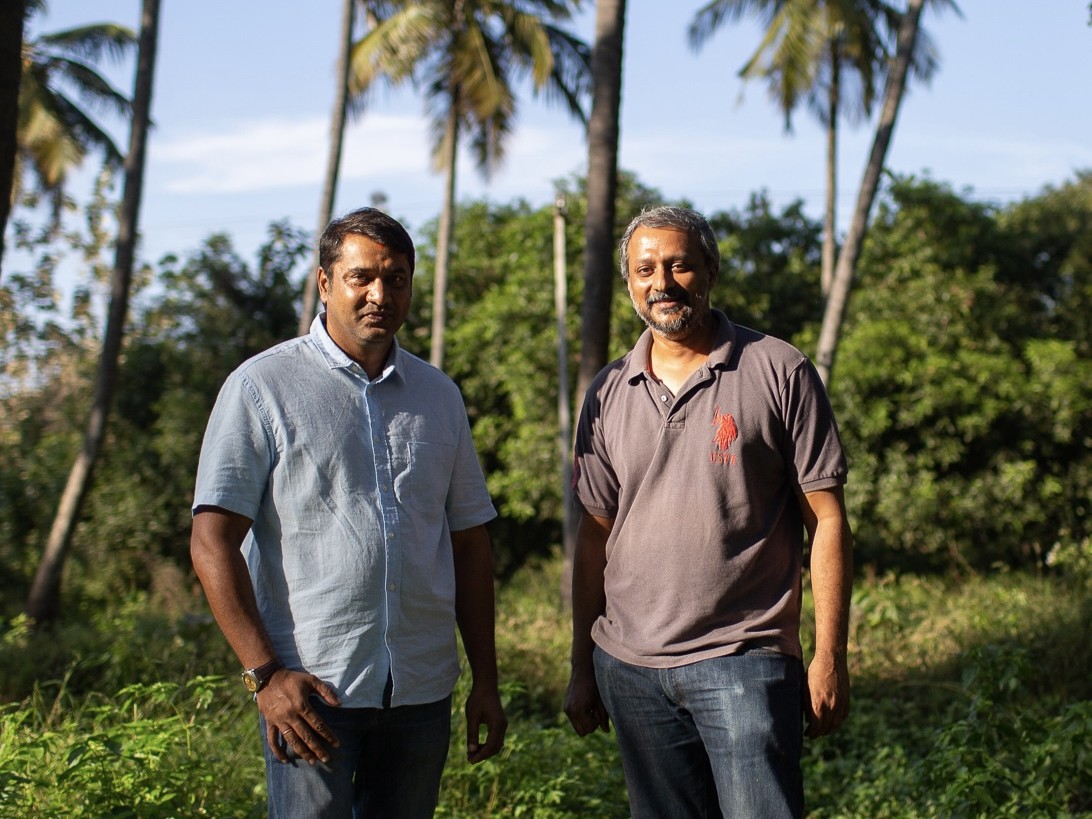In my book, Money Can Heal, I mention discussions on the subject of “interest” by the early founders of RSF Social Finance. Perhaps it would be helpful if I shared the gist of those founding conversations.
At the time, we (along with other Rudolf Steiner-inspired banks around the world) read an interesting pamphlet by Margrit Kennedy. The author described the consequences interest has had on all of us, and instead pictured an interest-free world. Interest is charged by those having means, or at least by those who had enough wealth to lend to others; as a result, the costs of almost everything everybody needed – electricity, water, fuel, transportation, and machines – increased. One statement in the article was that about 90% or more of the cost of all those things was debt service. From her perspective, all of humanity was being charged an interest that benefited only those who already had enough resources to lend. The conclusion was that “interest” was bad since it burdened everyone to support the few who were wealthy.
I remember us pondering that issue. We considered how the Islamic world viewed interest. Was charging interest inherently evil regardless of whether it was usurious or not? Would the world be better off if we did not charge interest and simply loaned money to those who could make better use of it? Should RSF Social Finance offer investment accounts that paid no return – only the satisfaction of knowing the money was doing good work?
The GLS Bank in Bochum, Germany actually offered certain socially constructive accounts that paid no interest. We might have continued examining different schools of thought and discussing the question of interest for months had we not engaged in some practical transactions. Presented with the task of financing our first project, we needed capital and so we began conversations with prospective investors.
One potential investor wondered whether his investment would gradually diminish and eventually disappear due to inflation if he received no return whatsoever. The reality of this situation suggested maybe some interest was necessary to protect the investor.
Another one of the earliest investors was a retired Waldorf school teacher. He wanted his savings to help Waldorf schools as well as other worthwhile projects. Being of modest means, he needed the interest income for his daily expenses. If we did not charge interest, he could not afford to invest in our worthy causes. We wanted to make sure that people with various levels of income could invest in good work.
These examples influenced our ultimate decision. We began by charging and paying modest interest based on an accepted U.S. federal benchmark. Even though zero interest might be better for the world in the long run, we opted for “freedom.” We felt the question of interest needed to be decided by each person depending on his or her situation and motivation.
If we left it to the individual, then we were counting on something altruistic developing in each person which, in time, could possibly lead to an interest-free world. We supported individual freedom and trusted in the unfolding consciousness in every human being.
We wanted RSF Social Finance to offer every individual the opportunity to act of their own free will for the benefit of others. In other words, we needed to make visible opportunities for giving as well as lending/borrowing.
RSF would pay a modest return to every investor, charge a modest interest to borrowers, and make transparent a modest fee to support operations. As RSF grew in size and complexity, we replaced the fee with a more traditional spread between the interest rate paid to investors and the interest charged to borrowers in order to keep the organization financially sustainable.
To achieve our long term mission of advancing human consciousness, we decided that we would use every lending/borrowing transaction and every giving/receiving transaction to transform how the world viewed and worked with money. This required continuous work to educate our clients about the way that we functioned.
Sure enough, over time, some investors needed their interest for daily living expenses, while others just took it for whatever reason; still others let it accumulate in their accounts, or phoned or wrote us that they wanted some or all to be given to a special project that seemed important to them.
That was how RSF was conceived as a threefold organism: to make transparent the social/spiritual nature of (1) every lending/borrowing transaction and (2) every giving/receiving transaction. A third aspect of our work was advisory and educational activity that would encourage the development of humanity toward social altruism.
Is interest good or bad? Like most things in life, interest (and money in general) can contribute to both good and bad depending on what is done with it. In those early days of RSF, we decided our task would be to facilitate meaningful transactions and to educate investors and borrowers on the social and spiritual consequences of their financial activity. Twenty-five years later, this impulse remains at the core of our mission to transform the way the world works with money.
Siegfried Finser is a Trustee and Co-founder of RSF Social Finance. He is the author of the book Money Can Heal.


